A safe space to research our origins
This post was written by Silindokuhle Mavuso, a Plio-Pleistocene geologist and PhD candidate at Wits University.
Young up-and-coming researchers have a lot to consider and navigate as they try to establish themselves in the complex, often difficult space of academia. The palaeosciences are no different, and if anything, have much more complexity for steering their way across.
There are many considerations: time period, materials, methods, expertise, collaborations, research labs and others. More so, in the South African research space, these considerations are complicated by our skewed demographic representations due to a colonial, apartheid relic.
Imagine being a woman, non-binary or person of colour in this space – the journey is that much more daunting. How do you articulate problems and challenges that go beyond your research questions? Why do you feel like you don’t belong? Do they listen to you? How do you exist?
These questions have always been a consideration for me as an African doing research in Africa on African sites and materials. ‘Fitting in’ really hasn’t resonated in any of the South African institutions I have been a part of or interacted with.
From undergrad, I knew exactly what I wanted to do. I wanted to tell the story of us beyond our immediate ancestors. I wanted to use my love for the Earth sciences to do this. However, the combination never really fit and at every single point of my academic journey, something from the above list was always a consideration.
I had to compromise, and my current PhD programme was the best I thought I could do. I then got the opportunity to come to HERI at UCT in early October for what I thought was a simple visiting researcher arrangement. I was so wrong, and I was glad.
Firstly, HERI is headed by strong women who I look up to not only for their research excellence but their undying passion for a more inclusive research institute. Their presence made this an experience that was beyond enriching. Their care, optimism and advice in navigating a PhD and a career was invaluable.
Listening to their stories was inspiring. The resilience they have had in a largely male-dominated field is truly astounding. Their trust in me to impose wisdom and experience (both academic and personal) on students of the UCT body was a testament to valuing young researchers and breaking down the hierarchal status quo that prevails in academia.
The week I spent at HERI was pure bliss. In between talks and workshops, I could sit down with students in the same trajectory as myself, students with the same frustrations, concerns, aspirations and goals. The difference was, for the first time, they also looked like me.
Our problems were similar and our experiences in and out of academia were near identical, but at HERI we were offered a safe space to sit and deconstruct all of it. That was a truly special opportunity.
Not only that, the people in the room listened and internalised what we had to say, and that validation is very important.
I got to talk to Dr Robyn Pickering, the only other South Africa-born African Plio-Pleistocene geologist with similar research questions as myself, who invested so much of her own time in making sure I am on track, when she really didn’t have to. That sense of value and validation is something that reinvigorated my love for this research, something I didn’t think I needed and something I never thought I would get.
As I reflect on that busy week, one word repeatedly comes to mind – home. HERI is going beyond research and sees its constituents as more than just contributors and collaborators. It sees them as family.
It’s a research environment that looks at its researchers as people with a common goal: to tell the story of humanity. And I cannot think anything more fitting than centring inclusiveness and diversity at the heart of its existence.
This model of academia is what the future of South African research institutes should be striving for. It is the soul of our young nation and I am beyond excited to see how HERI leads in achieving this.
